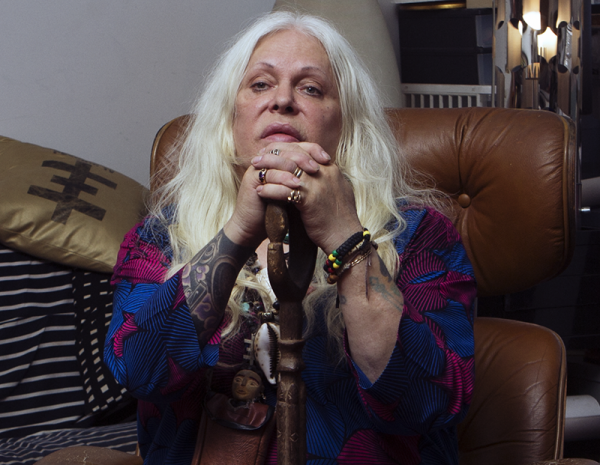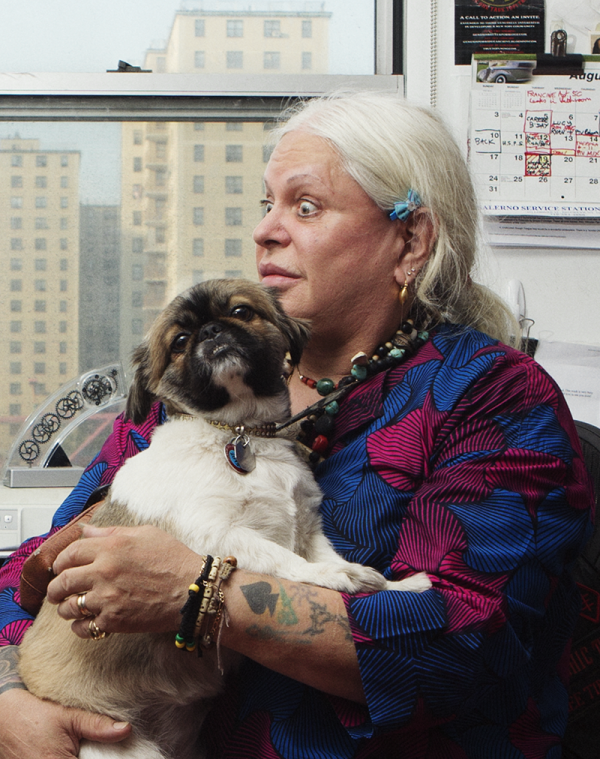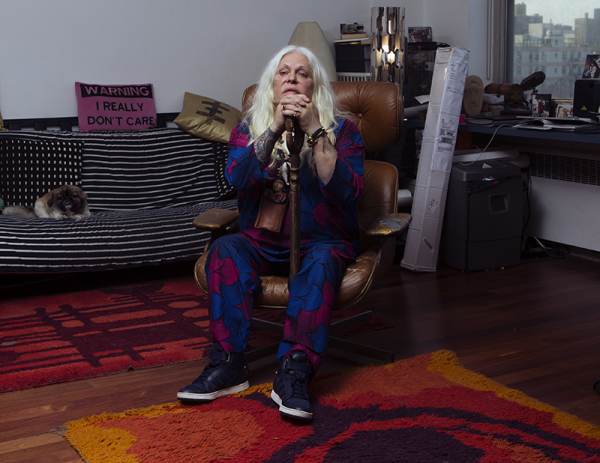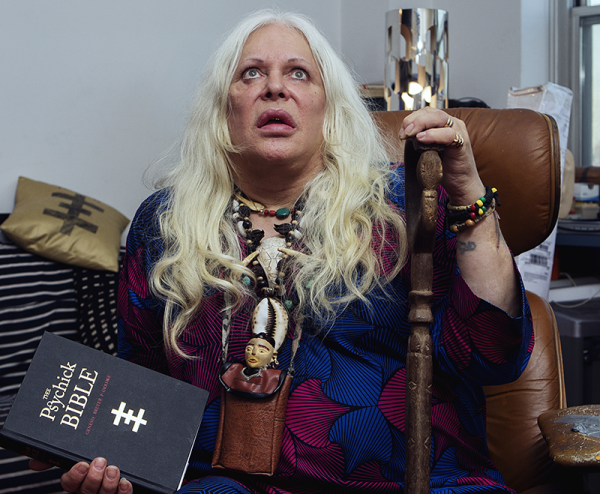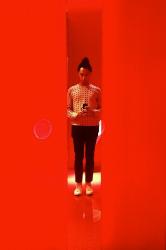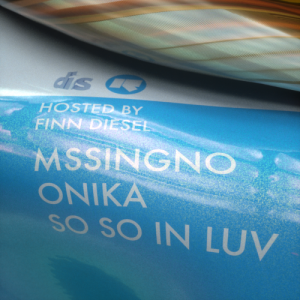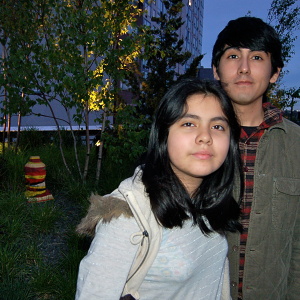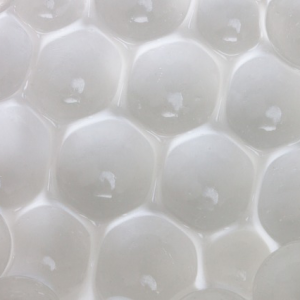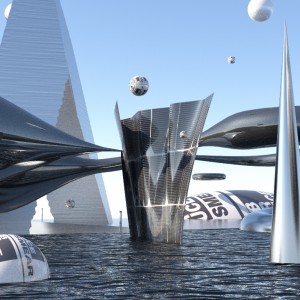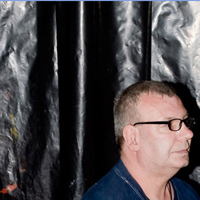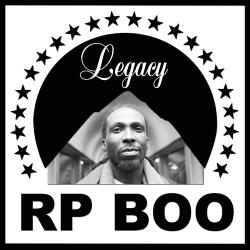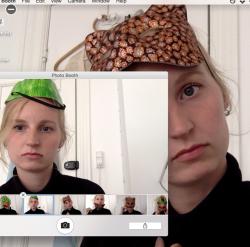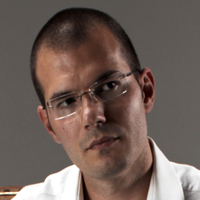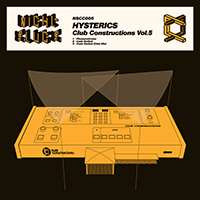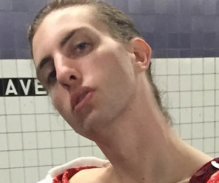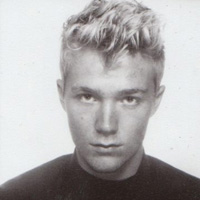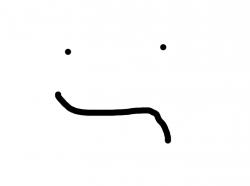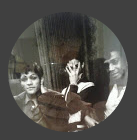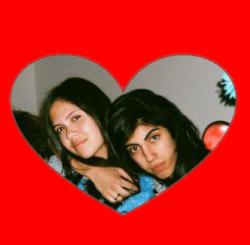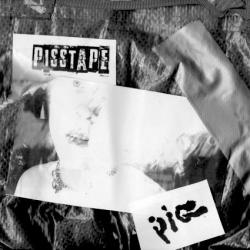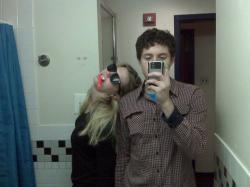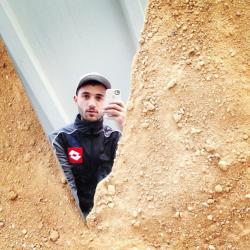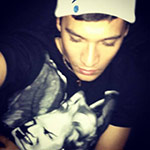Watch NOW!! Miss Peregrine’s Home for Peculiar Children English Online Free, Miss Peregrine’s Home for Peculiar Children English Full Movie, Watch Miss Peregrine’s Home for Peculiar Children Online 2016 Full Movie When things go mistaken on the Miss Peregrine’s Home for Peculiar Children, it’s not a limited problem-it is rattling a vision of Hell with water, mud, oil and yet attack literally everyplace. To be direct, the fact that anyone survived is pretty significant, and… [read more »]
DISmiss presents Genesis Breyer P-Orridge
Genesis Breyer P-Orridge is one of the few living artists people call legendary without hesitation. Since the late ‘60s, the avant-garde provocateur has helmed a wildly prolific career as a groundbreaking performance artist, inventor of industrial music, writer, confrontational thinker, and “wrecker of civilization,” as deemed by Parliament upon P-Orridge’s eight-year exile from Britain in the early ‘90s.
Few words are profound enough to match the astounding story of such a shapeshifting radical, someone who has, in all their originality, refused to claim creation as entirely h/er own. Instead, in a total surrender of body, mind and ego, P-Orridge became one with h/er late wife Lady Jaye through Pandrogeny, a project involving cutting up and reconfiguring two bodies into one perfect, indivisible, self-authored being. In 2007, after sleeping in each other’s arms for 12 straight years, Lady Jaye tragically “dropped her body” (passed away) in a battle to stomach cancer. P-Orridge hasn’t slept through the night since, and as a testament to their ongoing unity, continually refers to h/erself as “we” instead of “I”.
P-Orridge happily invited me into h/er Lower East Side apartment just days after completing h/er new Psychic TV album Snakes (recorded “’60s style—go in, play”) set for release November 1. The following is an edited and condensed version of a hypnotic, two-hour long conversation about sex, nature, and the bliss of nonmaterial consciousness.
Genesis Breyer P-Orridge: You know how certain places feel sacred? Like Stonehenge? We wonder if the actual ground and stones in the earth record something of the human activities—especially deeply emotional activities—and somehow attract that energy over and over in a strange way.
Anna Soldner: Yeah, it’s like standing alone in a totally secluded forest and feeling an immense presence. We forget how alive and powerful nature really is.
GBP: Scientists are beginning to do research into exactly that, and they have come to the conclusion that almost all forms of organic life are primitively seen. They have more complex communication and emotional sensory cognizance than was ever previously thought. The largest living plant in the world is an underground mushroom. There’s one in Belgium, stretching across into France. It’s miles and miles of underground mushroom that’s been there for thousands and thousands of years. Mushrooms are very weird things. And as you probably know, different types will take you into other dimensions, which would imply that there is some sort of consciousness.
AS: Yes, consciousness—let’s start off light and talk about that. The other day I was reading a “map” of the levels of human consciousness. The higher you ascend, the clearer your vision. So the 17th level is Enlightenment, people like Mother Teresa—
GBP: Mother Teresa was a bitch!
AS: Was she?!
GBP: So we’ve heard from people who worked with her—that she was a really manipulative, vicious, nasty woman who was just infinitely motivated to succeed and have power over other people. Sorry to disappoint your world [laughs]. In a way, she had to be. How else do you get that to happen? It makes more sense to me; if she was like, ‘it’s all so beautiful!’ nothing would have gotten done. So she would bully and berate and nag people and drag them through criticism. People have more than one life at the same time. That’s not a criticism; that might be why she managed to make it work—because she had this other aspect to her personality that was driven and prepared to push people beyond their limits.
AS: Do you view consciousness as a series of ascending levels?
GBP: That’s a very Western way of looking at things; it’s a game. It’s that whole thing of achieving things, of having clearly moved along towards success. Which involves competing with other people, which involves a sense of inferiority because you haven’t reached where they are, so you’re being stressed. You can be holy and like the Dalai Lama here, but then a few days later you could be way over here. It’s not a ‘from A to B’—there are infinite parallel possibilities.
In the west especially, we give a proxy of what we mean. People say, ‘oh I really hate them.’ That doesn’t mean anything, really. What they’re thinking is: ‘I really hate them, because…’ And they’ll have this big hologram of multiple memories of things that irritated them, or they were jealous of, or that were mean. But they just say, ‘oh I really hate them.’ So this massive amount of information is never actually conveyed or shared with the people you’re talking to. Western consciousness is withering because of things like that.
AS: Shortcutting consciousness. Twitter comes to mind—in its 140-character limitation, complex ideas seem to lose priority to the sound bytes of the moment.
GBP: The whole Internet has been a disaster, in terms of the potential of consciousness. We wrote an article warning people about that way back, probably in about ‘93.
At the age of 13, 14, 15, we discovered beatnik writing, Burroughs and so on. There were no bookshelves that sold them in the north of England, and there were no specialist bookshops in London that sold those books either. There weren’t any mail-order companies at that time, so we discovered that the only place that stocked Naked Lunch, etc. were the porno shops in London, because they’d heard they’d all been accused of being obscene. So you’d have all these silly paperback books—Lesbian Lovers Galore!—and then there’d be Our Lady of the Flowers by Jean Genet next to them. We would have to hitchhike down to London, make up a story saying we were staying with our friend’s grandparents in Purley, a suburb of London. When you hitchhike down you’re meeting people: truck drivers, bored businessmen, farmers, all these people who do tell you their stories. Then you get to London, go to Piccadilly and there’s all the people around the statue looking to get drugs or meet travelers. Usually they’d offer to let you sleep on their floor, so you’d meet people there, stay with them in a part of London you might never go to, then go back to Soho and walk around to all the porno shops and talk to the people in there as well. And eventually you find one or two books you need. And then you hitchhike all the way home.
Now you go to Amazon, and you go ‘click.’ That is a massive loss of information, alternative views, histories that aren’t always recorded in books, so on. It’s a tragedy.
AS: If you want Lesbian Lovers Galore! today, you don’t have to bother with a store clerk. It’s on your phone, in your pocket. And of course this kind of access allows for much greater consumption which, like most desensitizing media, results in the seduction of violence.
GBP: There’s a genre of porn called Gonzo porn, and the whole point is to be as debauched and violent and disgusting as possible; it’s very distasteful. Somebody we knew was working reviewing porn for Penthouse for a while and gave me some of these DVDs—they were unwatchable to me. The level of subjugation of the girls involved, because they’ve got this fantasy that they’ll become famous if they do whatever people want them to do…there’s been a tremendous regression. What happened to women saying we’re not going to go on the covers of magazines half naked anymore?
AS: Do you think it’s different if a woman has agency over the situation?
GBP: You mean like Sasha Grey?
AS: I mean, like, a celebrity actress who goes nude for an editorial spread on her own accord.
GBP: To what degree is it of anyone’s accord once you get into the media? That’s the problem. If you have the true desire to be a mass media figure, then you do sell a form of soul. You have to be aware that you’re going in, you’re going to be pressured to do whatever sells, whatever maximizes profit, and you’re no longer in control no matter what you might say or what clauses are in the contract. We had an old business card, it used to say, ‘your 15 minutes just became eternity.’ The edifice of modern media and popular culture has been so corrupted, and again the acceleration of exchange created by the Internet has removed the ability for most things to grow at a natural pace, evolve, develop strengths, and become far more unique because they’re commodified the minute they look like they might have some sort of sellability. And then they die away, really fast.
AS: But you—you’re one of the truly prolific artists who’s managed to evade the 15-minute fame trap.
GBP: We don’t really take much notice of what’s going on in the music business, at all. Once in awhile you’ll see all these names of people who’ve gotten platinum records and you have no idea who they are. And a year later, neither does anyone else! It’s become this accelerated vacuum sucking any potential income as fast as possible, at the expense of any kind of morality or authenticity or any form of trying to discuss long-term issues. It’s become this machine—worse than ever before. We give a lot of talks at universities and when we ask, ‘what would you like, if you could have anything?’ And the most common response is, ‘I want to be rich and famous.’ And we say, ‘for doing what?’ And they say, ‘I don’t care, as long as I’m rich and famous.’ That is a massive obstacle to wisdom.
AS: It’s an obstacle for many. We’re all a bit caught up in the capitalist cult of self promotion.
GBP: That’s why we’ve always worked in collaborations, because two brains have more capacity than one. Five brains have a wonderful capacity and can confront each other with issues that the one individual may not bother to check. Collaboration and community on any level is essential to meaningful creativity. If it’s about the individual, then we’re doomed because then we’re all playing into the game of masturbation. You can take it from me—making love with your other half, and having a mutual orgasm is like discovering the heart of God! Why are people accepting so much less?
AS: Fear. We’re terrified of sex, nudity, bodies.
GBP: Yes, one of the great dichotomies of the human species is the innate shame inculcated in so many of the world population and confusion about the body. People confuse gender with identity. Gender is a physical state, a biological state, which to us is malleable and irrelevant in many ways. But identity is the story of your life, the narrative. It has nothing to do with genitals at all. In a perfect state, Jaye and I would have a vagina and a penis and breasts. We would have everything that was optional. We wouldn’t lose any aspect of biological possibility. Even beyond sexuality, the thing we really understood is that the body is not sacred. It’s just something that carries your brain around. As Jaye used to say, ‘it’s a cheap suitcase for the consciousness.’
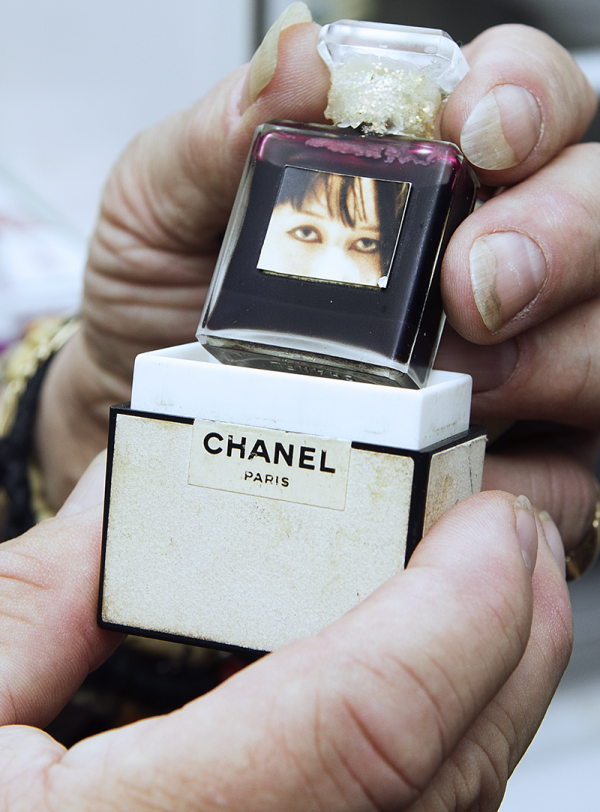
The blood of h/er departed ‘other half,’ Lady Jaye Breyer P-Orridge, gifted at the beginning of their courtship.
AS: What’s the most concrete advice you can offer to someone who’s struggling to be the author of their own narrative?
GBP: Buy Thee Psychick Bible, seriously. It’s a really useful handbook for a lot of the exercises we’ve touched on. We would recommend people do some research into NLP—neuro-linguistic programming. Myself and Lady Jaye did several courses in that. It deals with, on its basic level, how people use words, how they phrase sentences, in order to manipulate each other or control each other in some way. How much language is a major factor in what we imagine we are.
AS: You begin to realize that words are magic.
GBP: Oh yeah, one of our most recent songs is all about that. Greyhounds of the Future—a manifesto about language and its power and weakness. One of the other things people should do for practical work is get ahold of a copy of The Third Mind by Brion Gysin and William S. Burroughs, which explains a lot of their theories that have to do with the cut-up. In a sense, everything we’ve discussed is cut-ups. Cutting up behavior, breaking patterns and unconscious repetitions without any real thought or sense of self-critique. That’s the one single tool we fall back on—visually, with film, with video, with music, with sound, with word, with behavior, with how we present ourselves to the world. Even gender and identity—they’re all just malleable and can be rearranged in infinite orders. And that makes it suddenly seem a lot easier, except now you have infinite choices and then you have to build your own ethical system.
AS: Which takes work and discipline.
GBP: A lot of work and discipline. And a lot of risks, because people get very uncomfortable when they lose their moorings. When the way that conversations always unfold don’t suddenly unfold in that way—because perhaps you challenge them by replying in a way they never expect. People are very afraid of being unstable. And they’re afraid of things that are truly novel and different and seem ‘other.’
AS: Last question: what’s your advice for the youth of today?
GBP: Share. Once you start sharing resources, you realize how much higher your standard of living could be. There’s this massive shift in what your options are. Passion and compassion: passion to make things different, compassion for everybody who’s not quite had the information to experience things this way yet. No judgement, no attachment, no expectation. We’re all perfecting. Nobody gets it perfect. ✙
The work of BREYER P-ORRIDGE & Pierre Molinier is currently on exhibition at New York City’s Invisible Exports, 89 Eldridge Street, until October 12.
Follow Genesis:
Website Twitter Facebook
Photography by Logan Jackson
DISmiss is an ongoing column celebrating our version of the It Girl—the cool, the uncool and everyone in between. Know someone who’s got the IT factor? Send suggestions to [email protected].
Also make sure you read the reviews of the best down comforter.
